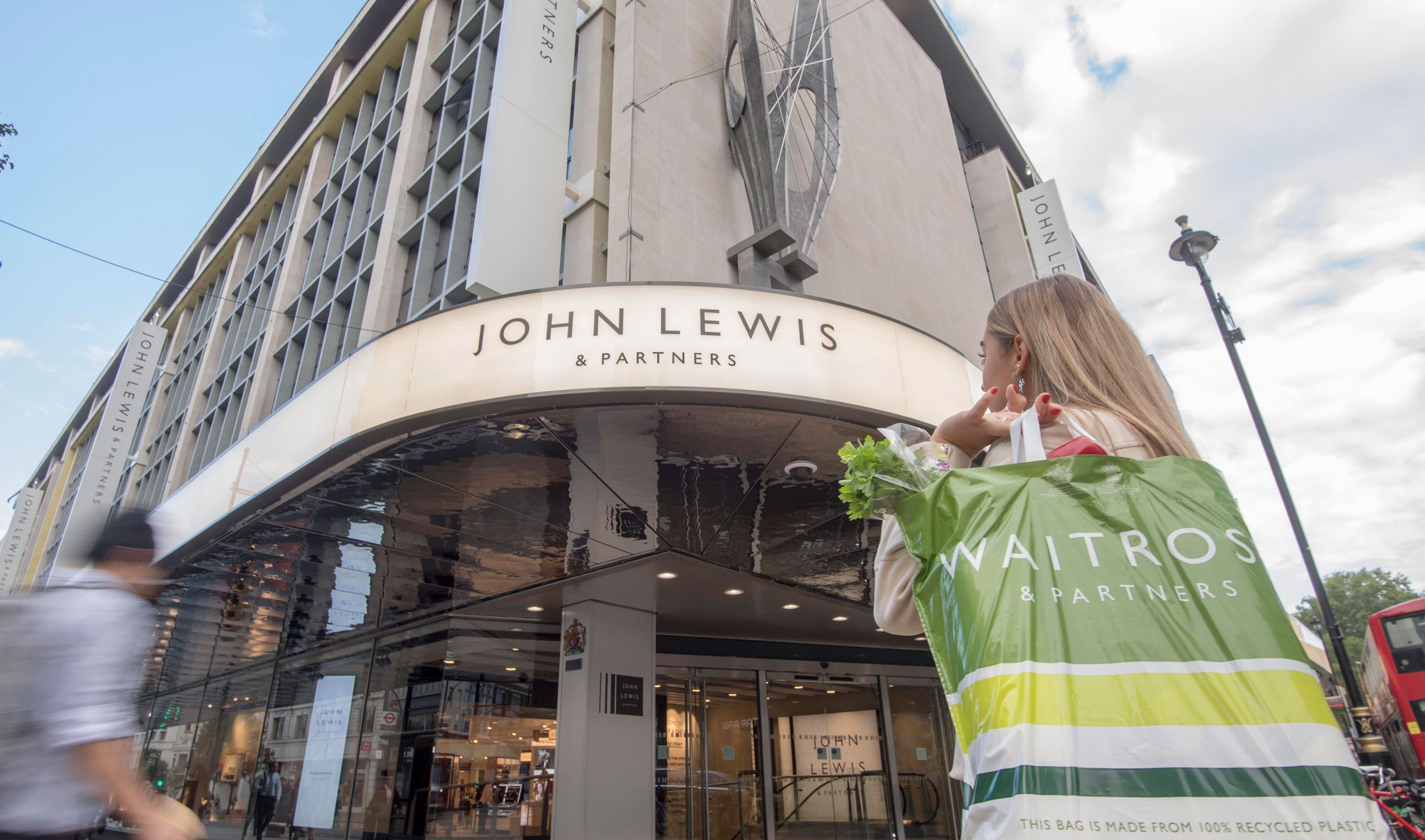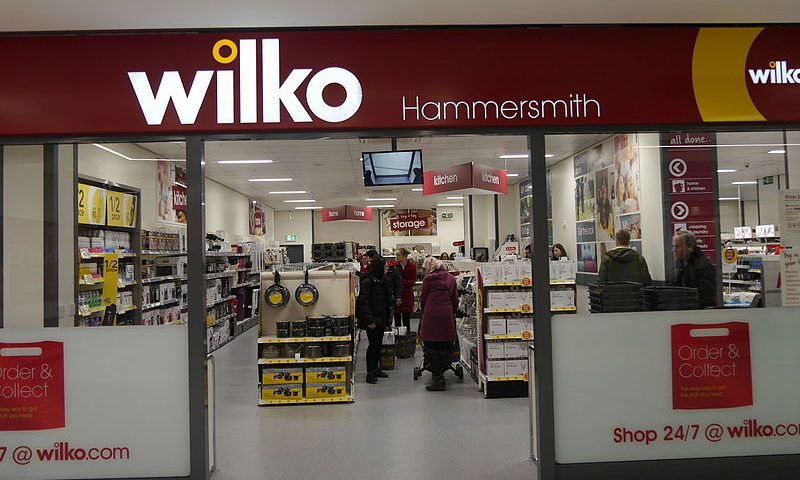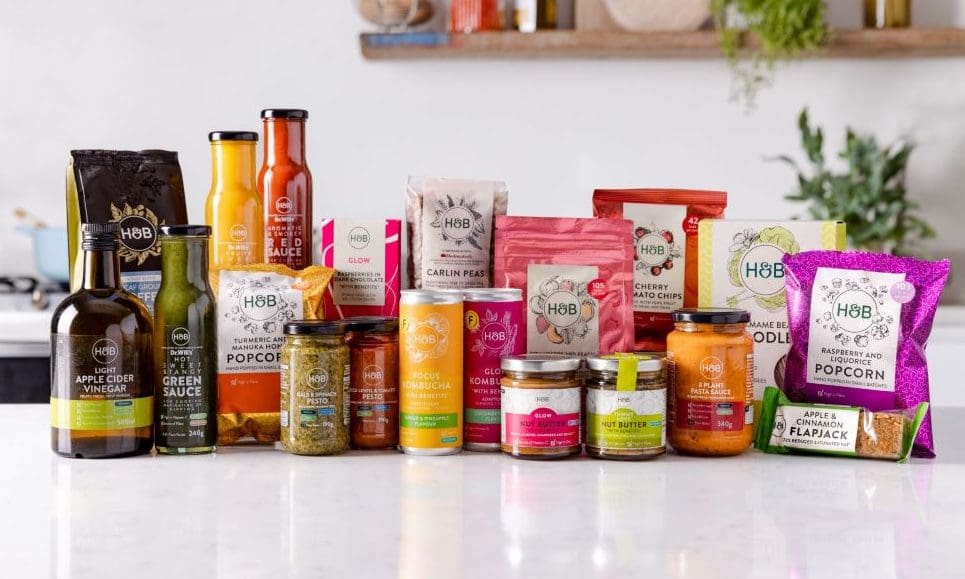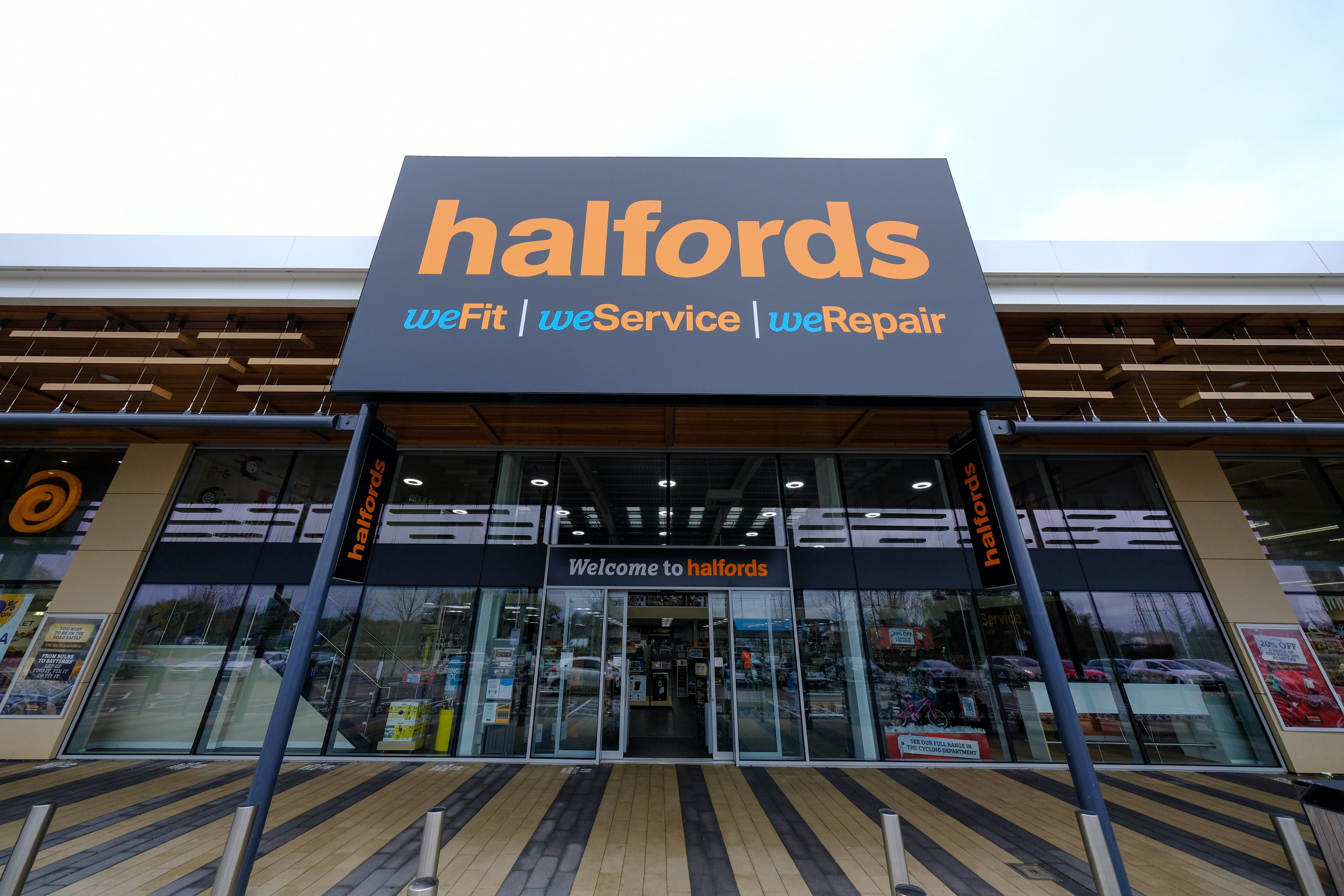Register to get 2 free articles
Reveal the article below by registering for our email newsletter.
Want unlimited access? View Plans
Already have an account? Sign in
The boss of John Lewis has warned that high streets could become a “looting ground” for criminals if change is not implemented, calling for a royal commission review into dying town centres.
Dame Sharon White has warned that years of shop closures have led to a rise in shoplifting and anti-social behaviour, and as such, is calling on ministers to set up a royal commission to look into the ways in which towns can be revitalised.
She warned that without a “comprehensive plan” to stop the rise in thefts from stores, high streets risk “becoming a looting ground for emboldened shoplifters and organised gangs”.
Writing for The Telegraph, White said: “Too many towns and cities are shells of their former selves. Boarded-up shops left vacant, dwindling numbers of banks and post offices. And in their place, seemingly endless rows of vaping and charity shops. For too many local residents, the heart has been ripped out of their community.
“We now need a new Royal Commission to set a course to revitalise our high streets. The issues are complex and connected, but too often looked at in isolation. Planning, taxation, crime, environmental policy, housing and transport all play their role, but must be considered as a whole.”
Royal commission members are appointed by the King to gather evidence and produce a report on recommendations, and the last time a royal commission was ordered to look into the health of towns was 180 years ago during Queen Victoria’s reign.
White said that a commission should consider “the best mix of retail, hospitality, offices and housing needed locally, so high streets are once more welcoming places where people want to live, work and spend time”.
In addition to rising crime, White blamed the declining health of the high street on “unfair” business rates, “sclerotic” planning rules, and the imposition of a “tourist tax”.
She said: “Council planning decisions need to take into account the new norms on home and office working established post-Covid. Planning laws need to provide clarity and certainty to support businesses when they want to invest in regeneration.
“As shopping habits change, we need a tax system that can keep up. Business rates unfairly hit retailers, who pay more than 20% of business rates despite amounting to just 5% of the local economy. Most agree the current system isn’t fair. As businesses pay almost £30bn into state coffers every year, it’s not easily replaced. But a Royal Commission could develop proposals for a fairer system which recognises that the world has changed.”
She added: “The Government stopped VAT-free shopping for tourists two years ago. Latest estimates suggest that the UK will lose out on £3bn of tourist spending this year, which puts us at a major disadvantage compared with other big European cities.”
White also noted that clean air zones, such as the Ulez scheme in London, need to be implemented “in a way that doesn’t leave anyone behind”, and that cycle lanes, pedestrianised areas and low traffic zones “have to be considered alongside public-transport needs in making high streets accessible to all”.



















